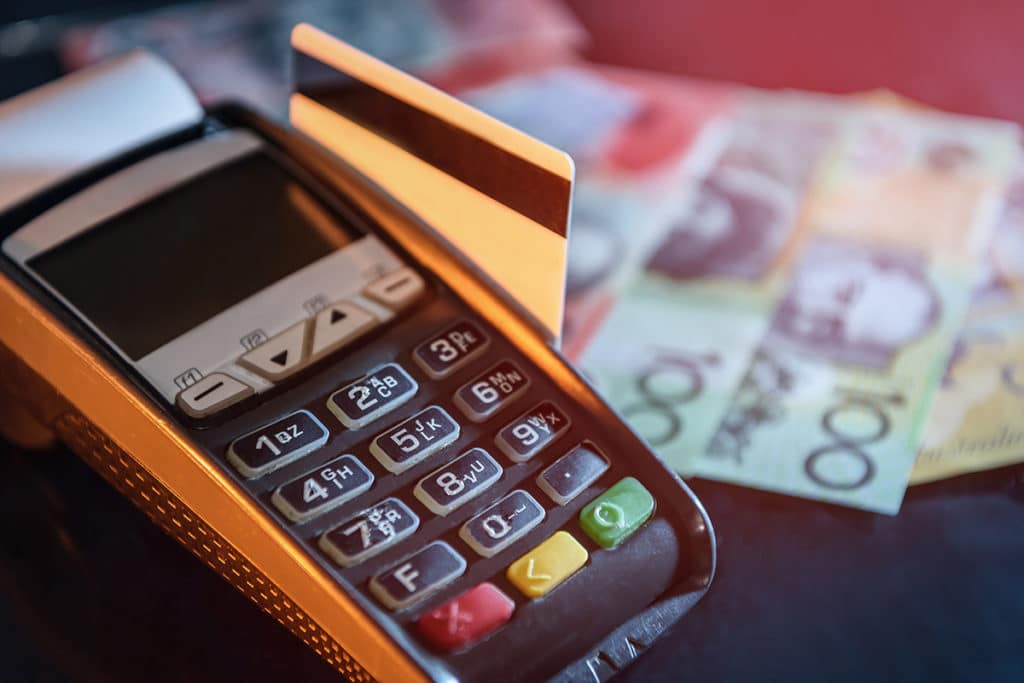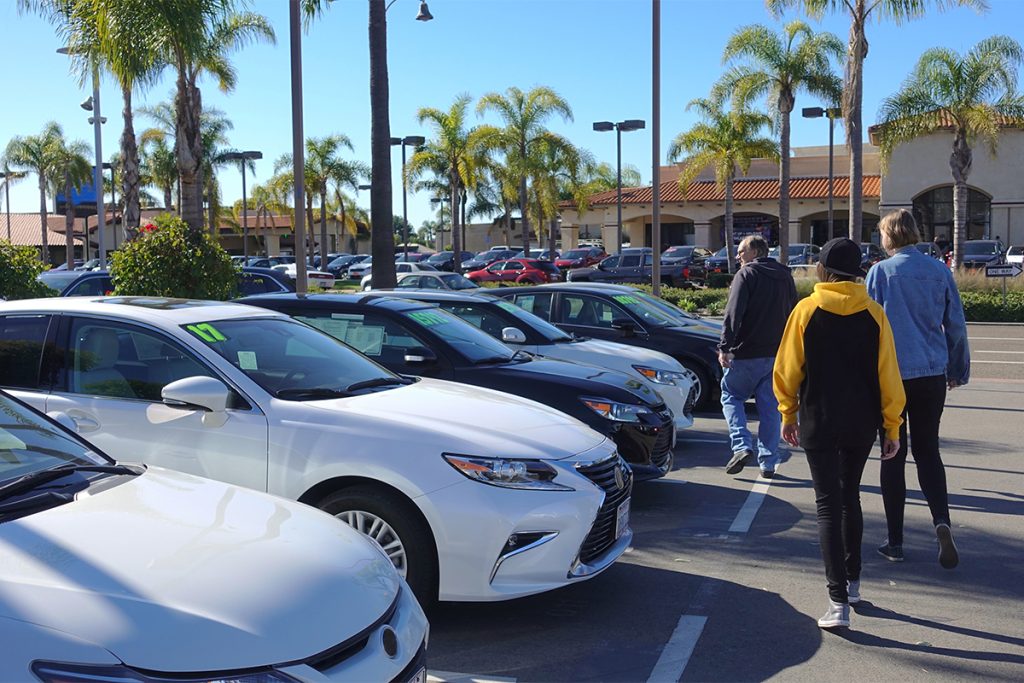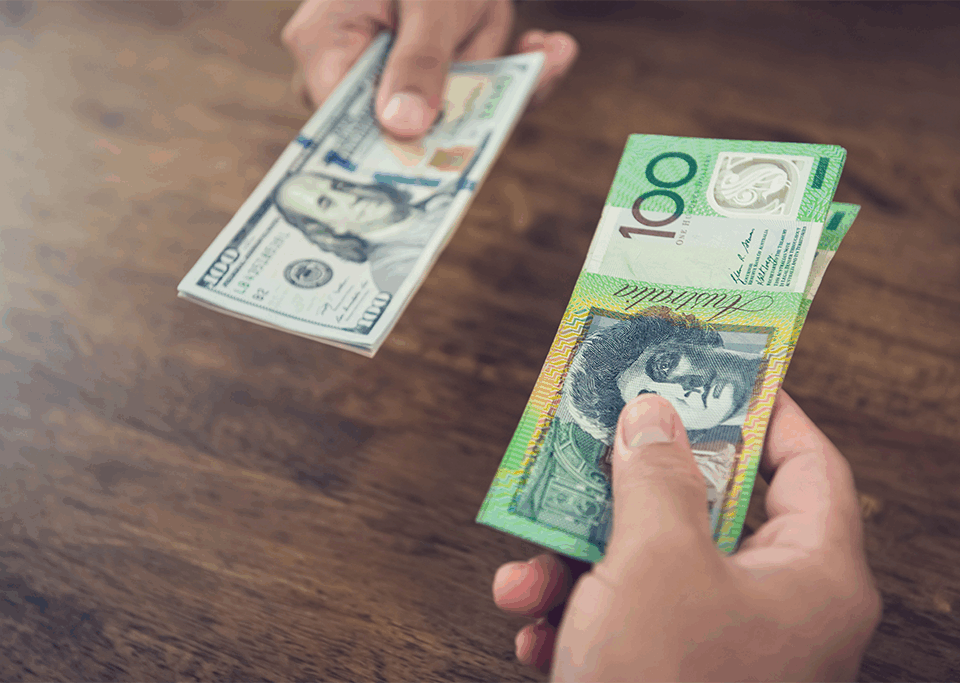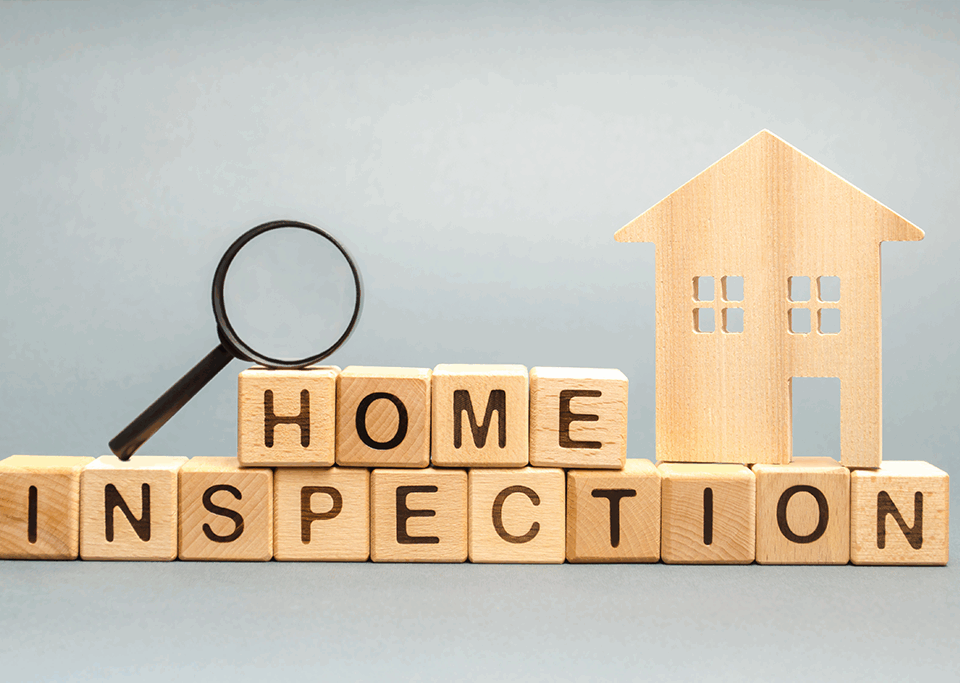
Know your warranty rights!
December 12, 2022
If it looks too good to be true, it probably is
March 13, 2023Tried to order a new car recently?
If you have, the chances are you’ve been told that you’ll have to wait many months, maybe up to a year, for the car of your dreams to arrive. Delays are usually attributed to “supply chain problems” which include a worldwide shortage of computer chips on which the complex technology of modern cars so heavily relies.
As a result of this shortage, it’s been widely reported that car manufacturers were forced to cut production of new vehicles by many millions. It’s understood that the situation is gradually improving, but there’s still a long way to go.
Consequently, the price of used cars in Australia has increased, sometimes by as much as 50%, compared with pre-pandemic levels. No one knows what the future holds, but logic indicates that there are likely to be price drops in the used car market as interest rate increases impact personal loan and lease repayments.
Of course, you can’t control the used car market. However, if you have decided to enter the market now, you can take steps to ensure that the used car you’re considering is a sound and sensible purchase.
Here’s our used car checklist of things to think about before doing a deal on a used car:
1) Pre-purchase Inspection
Arrange a pre-purchase mechanical and body inspection. This condition should be not-negotiable. It must be independent (that is, not by the seller or an associated company) and the results should be in writing. The inspection is likely to cost you money (at least $200), but it is always money well spent. If the seller won’t agree to an independent inspection, walk away;
2) Deposits
If the seller asks for a deposit (especially before an inspection), either refuse to pay one or at least understand the conditions attached to the deposit e.g., is it fully refundable at your total discretion if you decide that the results of the independent inspection are not satisfactory?;
3) Title and Accidents
Always check the car’s clear title and history through your state or territory motor registry and at ppsr.gov.au. If you don’t, you might be buying a car that has an outstanding financial encumbrance (loan or debt) on it or it might have been financially written off by an insurer after an accident. The former can lead to the car being repossessed from the new owner. The latter, called a “repairable write-off” will almost always be cheaper to buy, may not be able to be insured or even registered by you, the new owner;
4) Maintenance History
Make sure the car has a strong and documented maintenance history from new in Australia. If the car was imported from overseas later in its life, pay special attention to its history and country of origin. Most overseas imports sell at substantial discounts, reflecting the substantial risks inherent in buying such a car (e.g., covered-up rust from driving through snow, ’dodgy’ repairs, stolen, non-genuine parts, worn-out engines and wound-back odometers). If the car doesn’t have a fully documented history or was imported from overseas as a used vehicle, you should expect a discount to compensate you for the risks you’re taking and the additional repair costs you may be facing;
5) Pay more for Peace of Mind
Buying a lesser quality used car at a cheaper price will often end up costing more in repairs, maintenance and frustration. So be prepared to pay more for peace of mind;
6) Warranties
Late model used cars purchased from dealers often come with a short statutory warranty period (usually three months). Buyers of used cars through dealers, whether a statutory warranty applies or not, will often be convinced to buy a used car warranty through a financial institution on which the dealer is paid a commission. These policies are sometimes “thrown in” by dealers as a sales technique to sweeten the deal and to ensure that you don’t receive a discount on the list price. These warranty policies are often best described as ‘junk insurance’. That’s because they may be written in such a way that claims are difficult to make and/or very limited in value. You can read more about your consumer rights and warranties at www.accc.gov.au;
7) Insurance
Arrange comprehensive car insurance before you drive away (although not necessarily through the dealer). There are many stories of newly purchased cars being damaged or written off within five minutes of purchase by a newly minted enthusiastic owner who is unfamiliar with the location of the brake pedal in their latest acquisition;
8) Auctions
Many people buy cars at auction in the hope of securing a lower price. That strategy can be successful, but auctions usually offer limited scope for independent inspections and are can be a risky place to buy, given the number of cars on offer and the atmosphere in which they’re being offered for sale. Be especially aware of the legal conditions on which you’re buying at an auction. These will be published by the auctioneer and offer limited (if any) scope for a change of mind once you’ve made the winning bid. Consider attending an auction before you buy to get a feeling for the experience and what to expect;
9) Sealing the Deal
Like all other industries, the car industry is driven by monthly sales targets. So try to seal the deal as close as possible to month end when sales figures are about to be finalised. You never know, you might score a bargain. And don’t overlook the considerable benefits of buying a new car in 2023 with 2022 compliance and build plates. In most cases, the older these “new” cars become, the harder they are to sell. Consequently, they will often attract an additional discount just to move the stock.
In summary, if you must buy now, take your time, do lots of research, buy the best quality vehicle rather than the cheapest one, don’t be pressured and set a target price beyond which you’ll walk away. Just like houses, there are plenty of cars out there and another one will always come along, sooner than you expect. For more information, visit our buying a car savings guide.







